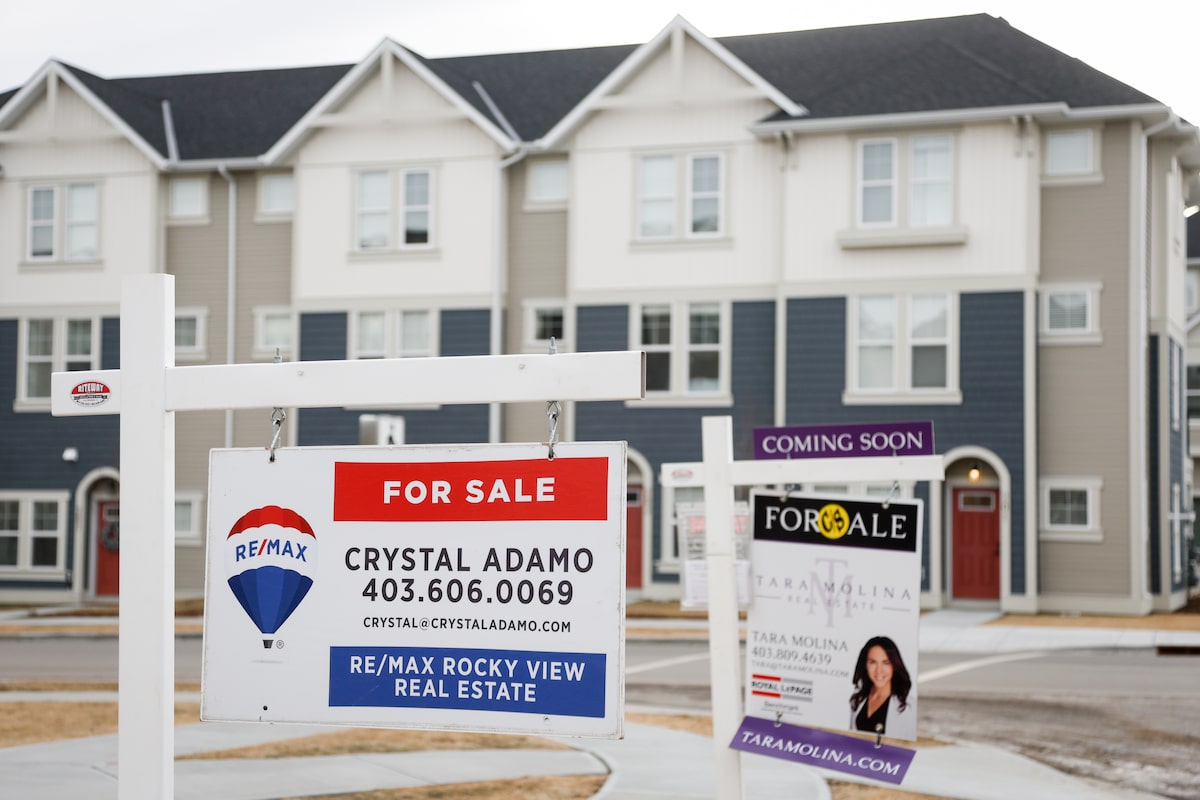G
enerative AI is transforming the property business, impacting how homes are marketed, portfolios valued, and cities planned. Consultants estimate that gen-AI could unlock $110-$180 billion in annual value for real estate through more efficient operations, faster deal cycles, and new revenue streams.
Momentum is evident on the ground, with companies like Zillow rolling out AI-powered integrations to streamline conversations between renters and property managers. Startups staffed by Zillow alumni are also emerging, offering 24/7 assistants for agents that handle follow-ups, scheduling, and CRM updates.
The jobs angle is not just about automation, but reconfiguration. Real estate investment trusts (REITs) employ millions of people worldwide, and as AI spreads, roles are shifting toward data stewardship, portfolio analytics, and tenant-tech product jobs. Executives are budgeting for this shift, with over 72% of real-estate owners and investors globally committing funds to AI-enabled solutions.
Inside buildings, AI is being used for practical tasks such as:
* Listings & marketing: auto-drafting property descriptions, virtually staging empty rooms, and creating guided tours.
* Lease and document review: summarizing dense leases, extracting terms, and flagging risks at portfolio scale.
* Valuations & pricing: providing faster, more consistent pricing and comp work through AI-powered AVMs and market forecasts.
Global experiments are underway, with companies like Bayut in Dubai unveiling AI valuation engines that deliver instant price reads. Developers and governments are also moving forward, partnering with tech giants to overhaul data architecture and apply AI across planning and operations.
Two forces are converging: a deep, digitized data trail and cheaper, more capable models. Analysts argue that the near-term wins will come from concision, customer engagement, creation, and coding – areas that map neatly onto property workflows.
However, leaders still face obstacles such as data quality and ownership, model governance, and a sober ROI path. To succeed, companies must prioritize rigorous data pipelines, vendor controls, C-suite alignment, and proprietary data "lakehouses."
In the next year, successful property firms may not be those with flashy chatbots, but those that quietly rebuilt plumbing – data standards, governance, and human-in-the-loop processes – so gen-AI can compound. If the current trajectory holds, the sector's future will look like a steady, software-driven climb.















